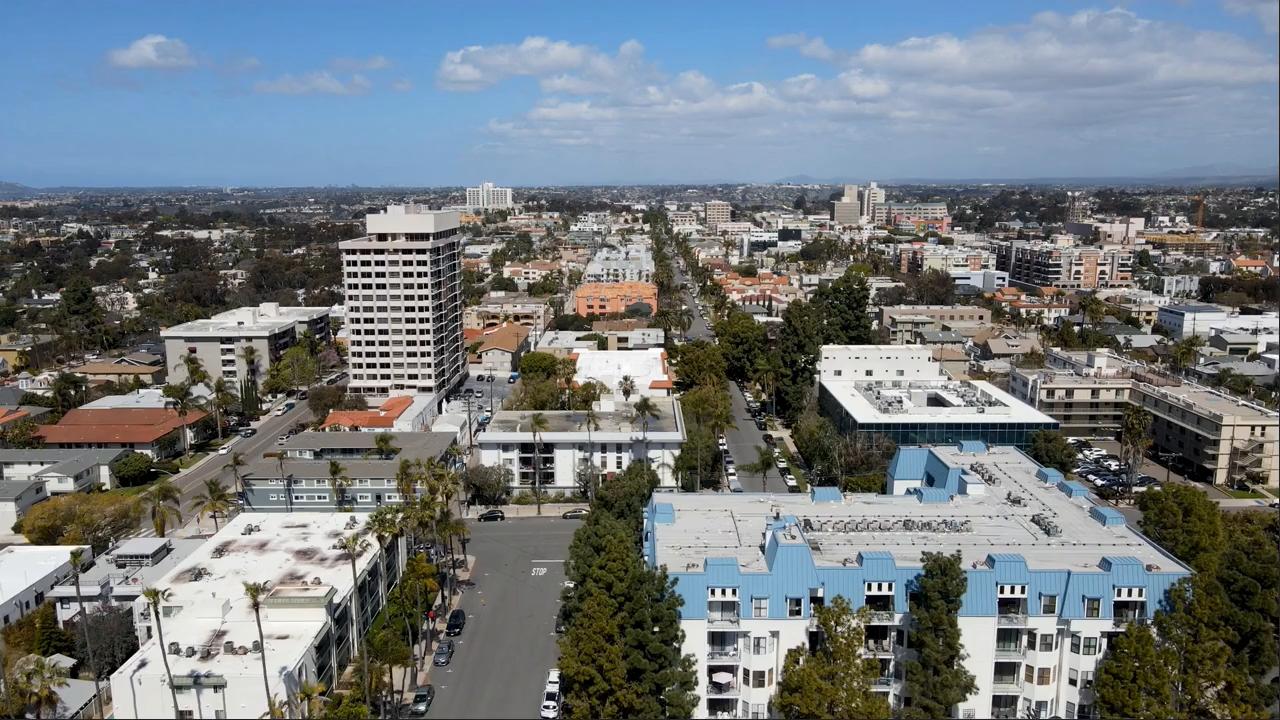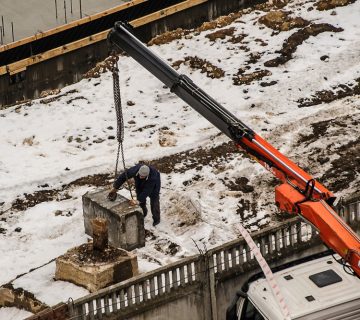What Constitutes Public Use?
The definition of “public use” has evolved, encompassing not just traditional projects like roads, schools, and hospitals but also developments aimed at economic revitalization. Courts have generally interpreted public use broadly, allowing governments considerable leeway in determining what constitutes a necessity for the public good.
Fair Compensation: The Cornerstone of Eminent Domain
Fair compensation is a fundamental right of the property owner under the eminent domain process. Determining this compensation involves assessing the property’s market value, considering its highest and best use. However, the concept of “fair” can be subjective, leading to disputes between property owners and government entities. Property owners are entitled to a fair negotiation process and, if necessary, legal proceedings to determine just compensation.
The Process of Eminent Domain
The eminent domain process typically follows several steps:
- Notification: Property owners are formally notified of the government’s intent to acquire their property.
- Appraisal: The property is appraised to determine its fair market value.
- Offer: The government makes an offer to purchase the property at the appraised value.
- Negotiation: There is an opportunity for negotiation between the property owner and the government.
- Legal Action: If an agreement cannot be reached, the government may initiate condemnation proceedings, where a court will determine the property’s value and address any disputes over the acquisition.
Protecting Your Rights as a Property Owner
Understanding your rights is crucial when facing an eminent domain action. Property owners are not without recourse and have several options to ensure their interests are protected:
- Seek Legal Counsel: Engaging an attorney specializing in eminent domain and real estate law is one of the most effective ways to navigate the complexities of the eminent domain process. Experienced lawyers can help assess the fairness of the offer, negotiate with government entities, and represent the property owner’s interests in court if necessary.
- Negotiation: Property owners have the right to negotiate the terms of the compensation. With the help of legal representation, they can work towards securing a more favorable outcome.
- Challenge the Taking: In some cases, property owners may challenge the government’s right to take the property, especially if the proposed use is not clearly for the public benefit or if the process has not been conducted fairly.
Whether you’re seeking to negotiate better terms for your property or challenge an eminent domain action, Stryker Slev is here to provide the expert guidance and representation you need. Our goal is to empower property owners through informed decisions and steadfast legal advocacy, ensuring the government’s use of eminent domain is just, fair, and in the true spirit of public benefit.



